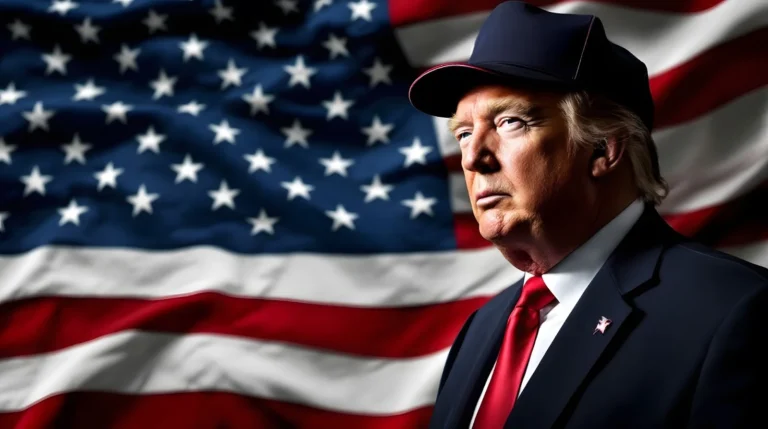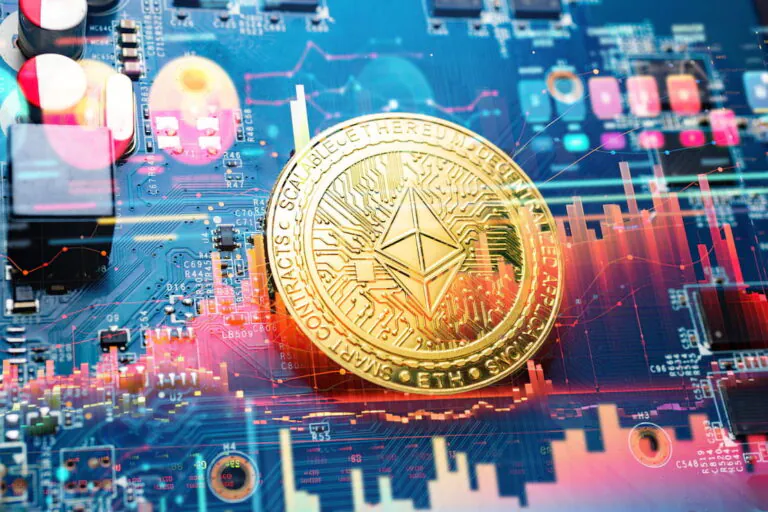Dogecoin (DOGE) with the image of a Shiba Inu dog called Kabosu as its logo, is one of the most popular and successful memecoins. It is considered an altcoin and was launched in December 2013.

Why does almost everyone “hate” the Libra cryptocurrency?
How will the new Libra cryptocurrency work, and what is its main function?
The head of Facebook, Mark Zuckerberg, announced the launch of a new cryptocurrency called Libra, which, according to him, will debut in 2020. At first, the head of Facebook stated that the main purpose of the Libra currency would be to allow Facebook users to send and receive funds to each other, as well as to pay for services on the aforementioned social network. However, Zuckerberg would not be Zuckerberg if he did not want to earn money from this, or, as he calls it, “Create something more than just a social network …”.
The head of the largest social network on the planet already describes Libra as the main digital currency on the blockchain, which will allow not only Facebook users to pay for services, but also pay for taxi services or purchase household goods outside the social network. This suggests that this cryptocurrency will not be any different from a number of others. However, its only difference will be its link to the securities market, which in turn should guarantee a low level of risk compared to traditional fiat currencies such as the dollar, euro, pound sterling or yen.
While the global giants of the world-class financial markets have already begun to create their own types of cryptocurrencies, for example: JPMorgan Chase Bank decided to create its own stablecoin, which will be called "JPM Coin". The Goldman Sachs Group is already on the verge of issuing its digital coin, the authors of Libra promise that this cryptocurrency will enable billions of people to pay for goods and services and send money around the world at a very low cost per transaction. Perhaps the leadership of Facebook is not yet aware, but the inhabitants of the planet Earth already have such an opportunity, although mediocre, but there is. No matter how the wheel needs to be reinvented, we need a cart that will ride on this wheel itself.
Facebook wants to transfer control of the cryptocurrency to a company called the Libra Association, whose members are equal partners, which means that all decisions will have to be made unanimously, or not at all. This group of people will jointly develop the blockchain, and unlike Bitcoin, Ethereum, Stablecoin, Litecoin, Tether, and other popular cryptocurrencies, will be under more centralized control of the members of this organization. Many experts on the crypto market consider this approach to be wrong, since it basically contradicts the spirit of the blockchain and its ambushes.
What is already upsetting potential Libra users?
A number of influential people from members of the US Congress to representatives of the Federal Reserve expressed their note of doubt about the right to life of such a cryptocurrency as Libra. What's more, representatives of the two ruling parties in the US, Republicans and Democrats, have raised Facebook privacy issues, resulting in a $5 billion fine from the Federal Trade Commission.
Donald Trump tweeted that he is "not a fan" of cryptocurrencies in general and that Libra will have a dubious reputation. Donald Trump tweeted that he is "not a fan" of cryptocurrencies in general and that Libra will have a dubious reputation. The US Treasury Secretary even called Libra a “national security issue” based on arguments that it would allow money laundering and illegal financial activities. In fairness, it should be said that issues of a national scale are raised for only one reason – the inability to track and collect taxes for the transfer of funds.
Ordinary citizens are only concerned about the huge size of Facebook and the equally huge impact on this cryptocurrency, which already contradicts the guarantee of stability or risk minimization.
Can such opposition destroy the unborn cryptocurrency?
The short answer is yes, it can and will destroy it. But if the opposition ceases to be opposition and becomes an interested party, then this will even help the new cryptocurrency enter the crypto arena. The current head of the Libra crypto project on Facebook said that he would be able to negotiate with regulators and politicians about the “benefit” of the emergence of such a cryptocurrency, and he also promised that the currency would not be launched until all controversial issues from both the government and and politicians were resolved.
If Facebook manages to convince skeptics or interest oppositionists to “cooperate”, then another currency may appear on the global fiat currency market, along with the dollar, euro and yen, only its regulation will not be under the jurisdiction of the Central Bank. Regulators and politicians are therefore against such a cryptocurrency, since now the reins of financial teams are completely in their hands, and the emergence of these payment systems will weaken control over everything, and this cannot be ignored, since even a partial implementation of the plan will significantly shake the ground under feet of the US financial system.
Additional risks Libra will face
As mentioned earlier in this article, Facebook's service, which supposedly offers to simplify payments as much as possible, has long been offered by many other companies on the planet. And in developing countries, such services have been practiced for a long time, although only with a narrow profile orientation, but this is already several steps ahead of what Libra wants to come to. It's even ridiculous to talk about privacy and security.
Facebook has been caught so often and so stupidly on the constant illegal collection of data about its users and the use of confidential data that talking about secure payments through Facebook is like digging a well in the middle of the Sahara.
Despite a number of difficulties and stumbling blocks, the biggest challenge will be "getting" people to use Libra. Bitcoin and Altcoin have already tried, but so far have not been able to become a worldwide means of payment. Libra's potential competitors have almost no flaws left. Libra may either be used in a different way than it is offered now, or not used at all
Start your crypto exchange with Coin24

Exchange BTC, ETH, USDT and more — cash or card

Secure and fast crypto exchange since 2018



